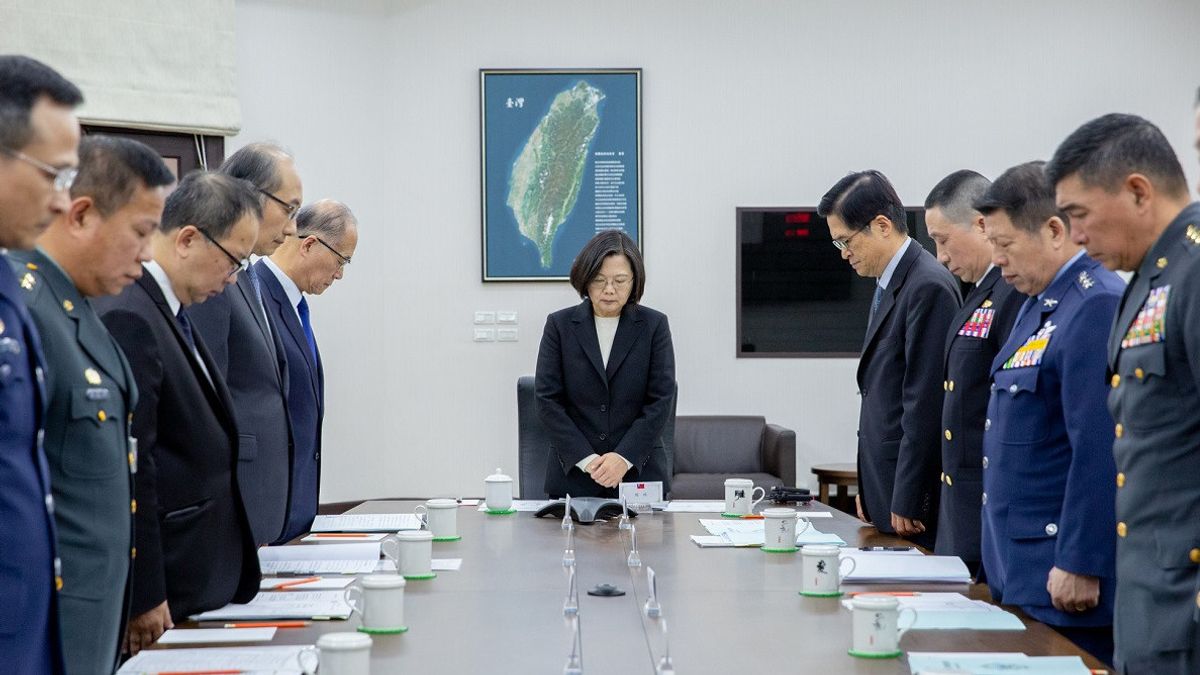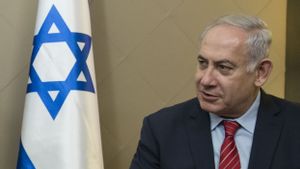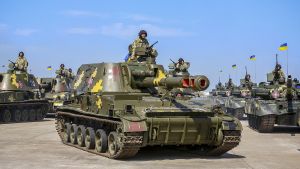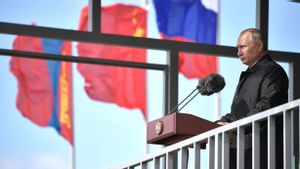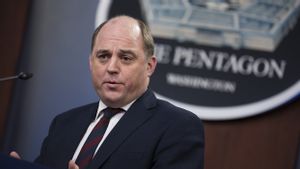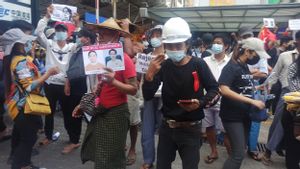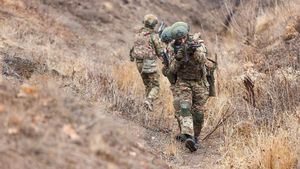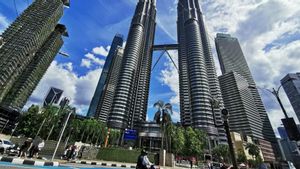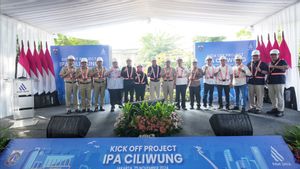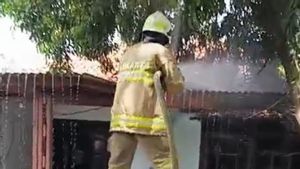JAKARTA - A full Chinese invasion of Taiwan by landing and occupying troops and airports will be very difficult to achieve, due to the problems China will face in landing and supplying troops, Taiwan's Ministry of Defense (Kemenhan) said in its latest threat assessment.
Tensions between Taipei and Beijing, which claims the democratically-ruled island as its own, have escalated in the past two years, as China ramped up military activity near Taiwan to pressure it to accept Beijing's rule.
In a report to lawmakers, Taiwan's Defense Ministry said China's current transport capacity is limited, it will not be able to land all its troops at once, must rely on roll-on, roll-off "non-standard", ships that need to use port facilities and aircraft transport that requires the airport.
"However, the country's military strongly defends ports and airports, and they will not be easy to occupy in a short time. Landing operations will face very high risks," the ministry said in its report, a copy of which was reviewed by Reuters.
In addition, China's logistical supplies also face challenges, as each landing force needs to be resupplied with weapons, food, and medicine across the Taiwan Strait that separates the two, he added.
"The state military has the advantage of the Taiwan Strait being a natural trench and can use joint intercept operations, cutting off Communist military supplies, greatly reducing the combat effectiveness and endurance of the landing forces," the ministry said.
Furthermore, China is also said to need to keep some of its troops in reserve to prevent foreign troops from joining in to assist Taiwan and to continue to monitor other vulnerable areas on China's borders, such as with India and in the South China Sea.
"The US and Japanese military bases are close to Taiwan, and any Chinese Communist attack will, of course, be closely monitored, plus it is necessary to reserve troops to prevent foreign military intervention," the ministry said.
"It is difficult to concentrate all his efforts on fighting with Taiwan," he said.
SEE ALSO:
However, experts say that China has other ways of bringing Taiwan to its knees from a full-blown invasion, including blockades or targeted missile strikes.
Taiwan's President Tsai Ing-wen oversees a military modernization program to make the island more difficult to attack, make the military more mobile and with precision weapons such as long-range missiles to defeat invading forces.
In addition, the government plans an additional $8.66 billion over the next five years in military spending, the majority of which goes to Navy weapons, including missiles and warships.
The English, Chinese, Japanese, Arabic, and French versions are automatically generated by the AI. So there may still be inaccuracies in translating, please always see Indonesian as our main language. (system supported by DigitalSiber.id)
